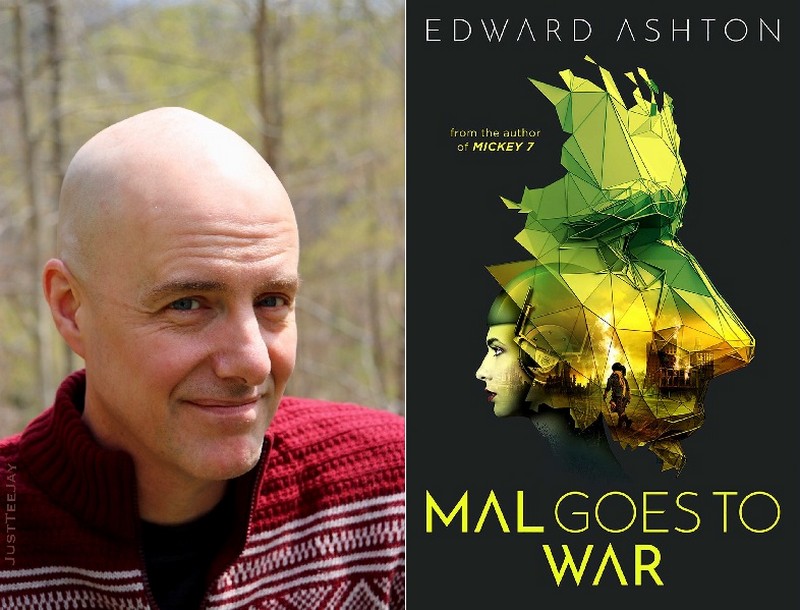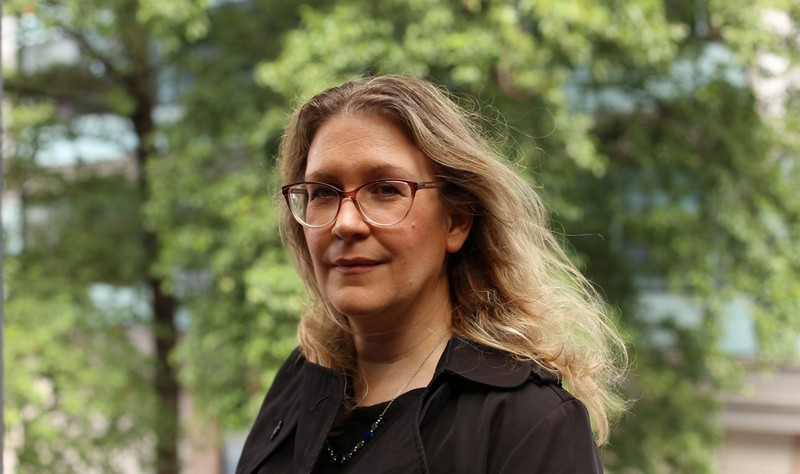 Angie Kim’s second novel Happiness Falls is a mystery novel revolving around a missing father but it tries to be much more than that. But by doing a kind of bait and switch and also going down a few too many expository rabbit holes, Kim sometimes loses the thread of the actual mystery.
Angie Kim’s second novel Happiness Falls is a mystery novel revolving around a missing father but it tries to be much more than that. But by doing a kind of bait and switch and also going down a few too many expository rabbit holes, Kim sometimes loses the thread of the actual mystery.
Mia Parkson narrates the story of Happiness Falls from a remove. This allows her to analyse everything that happens to her and her family and point out where things went wrong. This is no more so than in the first chapter when her father Adam goes missing but she does not raise the alarm because of a series of assumptions about what happened that day which she takes the reader through. Mia’s father disappeared while out with her fourteen-year-old brother Eugene. Eugene has autism and a condition called Angleman’s Syndrome and is considered to be “non-verbal” meaning he cannot communicate verbally. Eugene came home on the day that his father disappeared with bloodstained clothes which Mia immediately washed and then experiences misunderstanding from the police who misunderstand his attempts to communicate with them. As part of the investigation, Mia is given access to her father’s notebook in which he chronicles experiments on his family to determine a way of measuring relative ‘happiness’.
At its core, Happiness Falls is a call for greater understanding of disability and in particular conditions that impact on the ability to communicate. Mia herself slowly comes to the realisation that her brother understands much more than she believed and that he might be frustrated and angry about the fact that she does not realise this or appreciate his attempts to communicate with her. And part of the driver of the plot is the actions of a charlatan who took the family’s money while faking that communication. This aspect also leads the novel into some very ambiguous and potentially dark places.
The problem is that Happiness Falls tries to do much more than this. The focus on Adam’s research into happiness while interesting detract from the overall story. And at best it throws Adam into a particularly poor light given he was actively experimenting on his children.
Happiness Falls is an ambitious novel that does not quite meet those ambitions. The mystery set-up gives the whole enterprise some narrative drive but it is not quite enough to overcome the amount of analysis and exposition on communication techniques with young people with autism and research into how to measure happiness. But what Kim does extremely well is put a strong case for having high expectations of children who need to communicate in a non-standard way. That people should not assume that an inability to communicate is commensurate with an inability to understand or to reason. And while with this realisation comes some uncomfortable suspicions in this story, that just makes it seem more believable.
Robert Goodman
For more of Robert’s reviews, visit his blog Pile By the Bed
Other reviews you might enjoy:
- The Wolf Hunt (Ayelet Gundar-Goshen) – book review
- The Half Brother (Christine Keighery) – book review
- Everyone in My Family has Killed Someone (Benjamin Stevenson) – book review

Robert Goodman is a book reviewer, former Ned Kelly Awards judge and institutionalised public servant based in Sydney. This and over 450 more book reviews can be found on his website Pile By the Bed.





